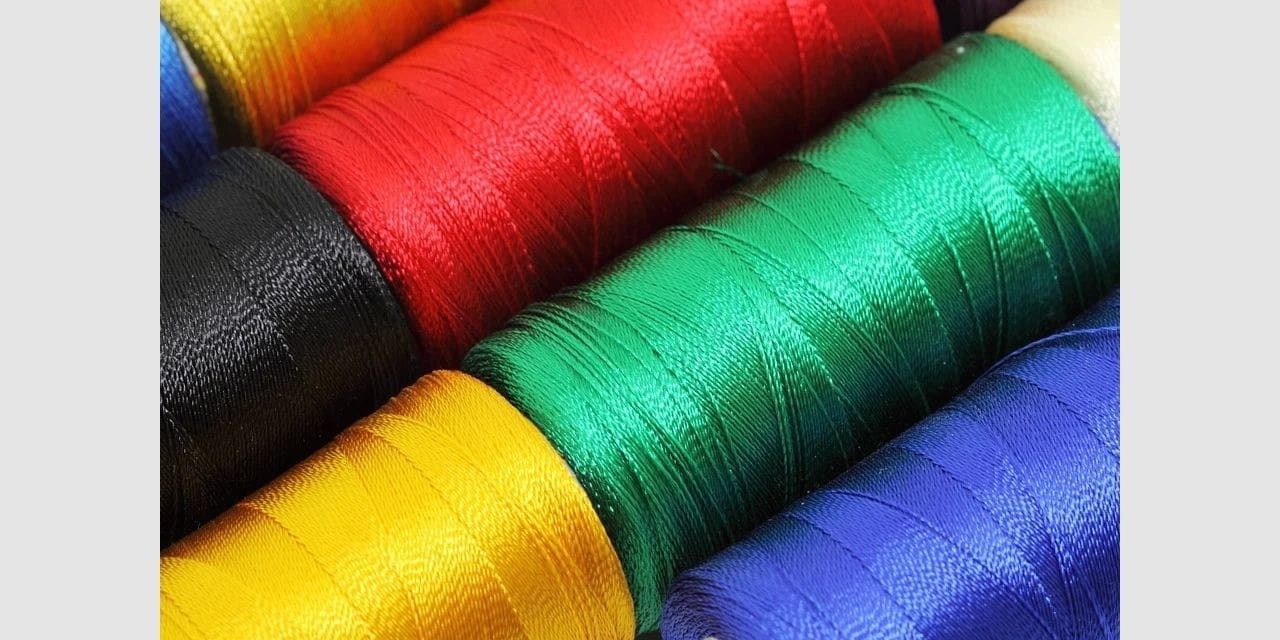According to apparel exporters, synthetic fibre represents the future of the export-oriented garment industry.
As the demand for synthetic fibre grows in the international market, Bangladesh is looking to increase its investments in the material in order to improve garment exports.
According to apparel exporters, synthetic fibre is the future of the export-oriented garment business since most reputable companies and customers are shifting toward man-made and recycled fibre to attain sustainability.
Many well-known businesses may even cease purchasing clothes made from non-recyclable materials in the coming years, they noted.
Over the last several years, Bangladesh’s textile industry has experienced a progressive increase in the import of synthetic fibre. In 2020, local spinners imported 99,345 tonnes of polyester staple fibre (PSF), a 3.4 percent increase from 96,077 tonnes the previous year. Currently, around 80 textile mills are manufacturing various types of synthetic yarns and fabrics such as polyester, VSF, tensile, and modal.
Bangladesh has developed as one of the world’s major clothing suppliers in recent decades, although its man-made apparel exports are far lower than those of rival nations. According to industry experts, the usage of synthetic fibre in end-use categories such as sportswear, leisurewear, women’s dresses, home textile, automotive, carpets, and other industrial sectors makes it a suitable “fibre of the future.” However, the adoption of synthetic fiber-based clothing manufacture has been sluggish thus far.
As the need for yarn grows, the textile makers’ group, BTMA, has stated that the import of man-made fibre, like cotton, should be duty-free. The introduction of a 5% VAT on yarn sales is negative for the industry, they noted. The BGMEA also sought a 10% financial incentive for man-made fiber-based goods in the current fiscal year.

